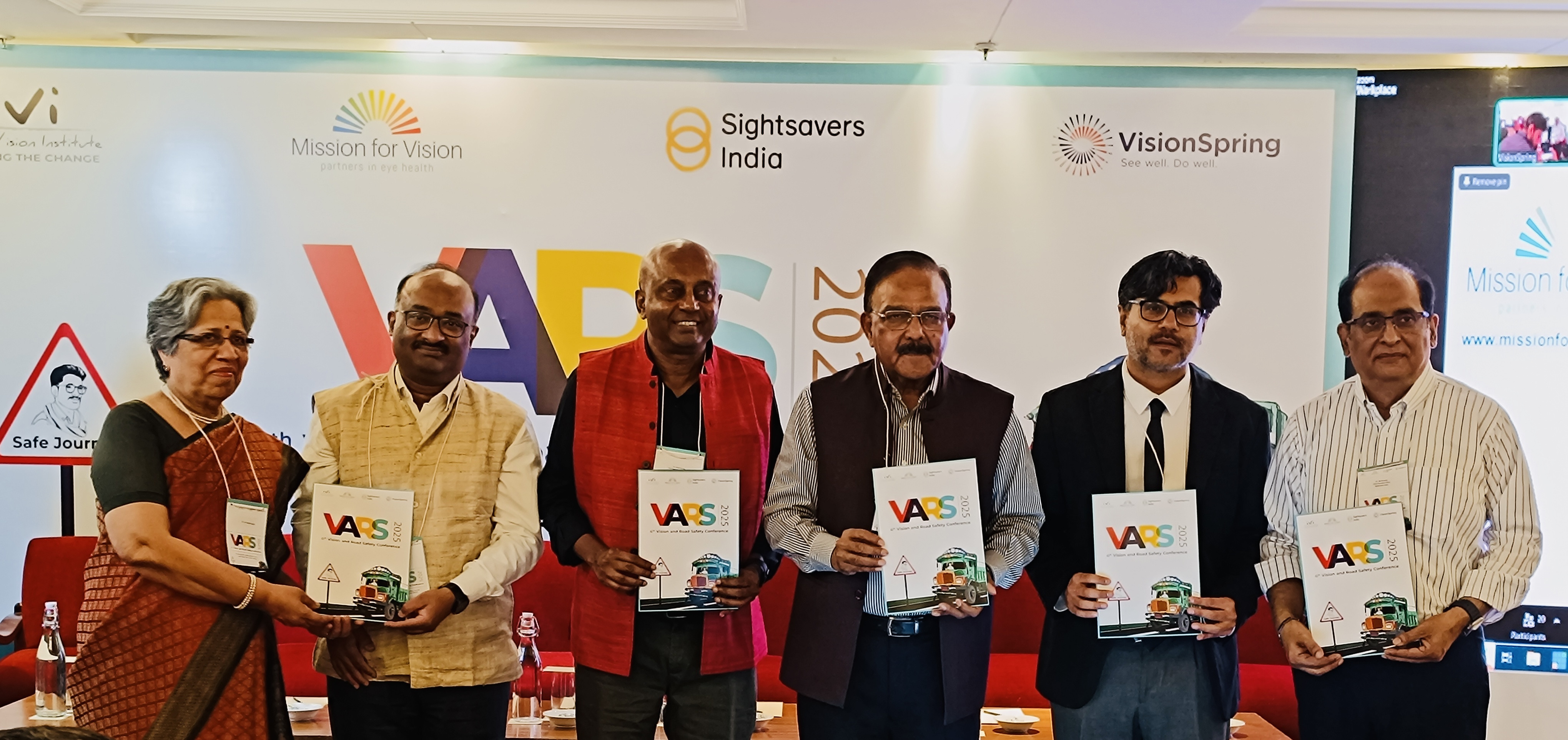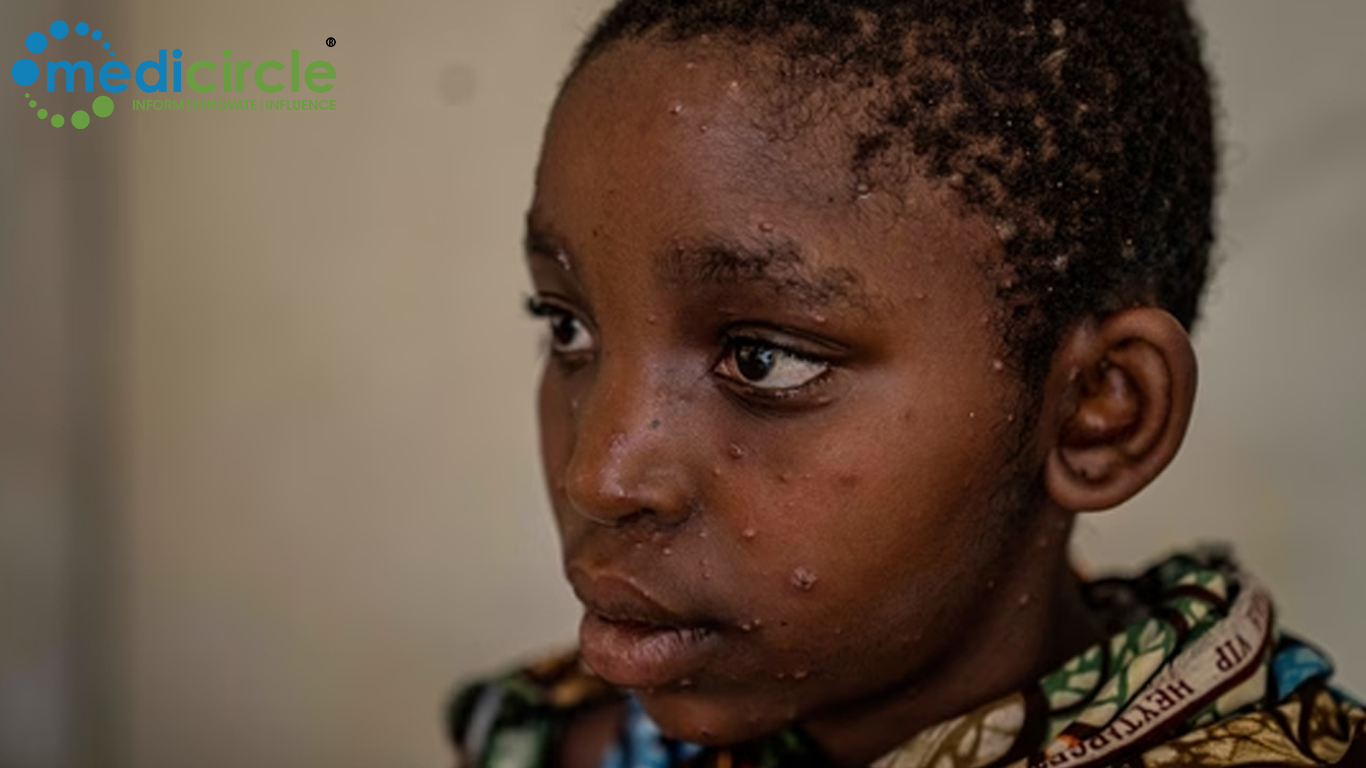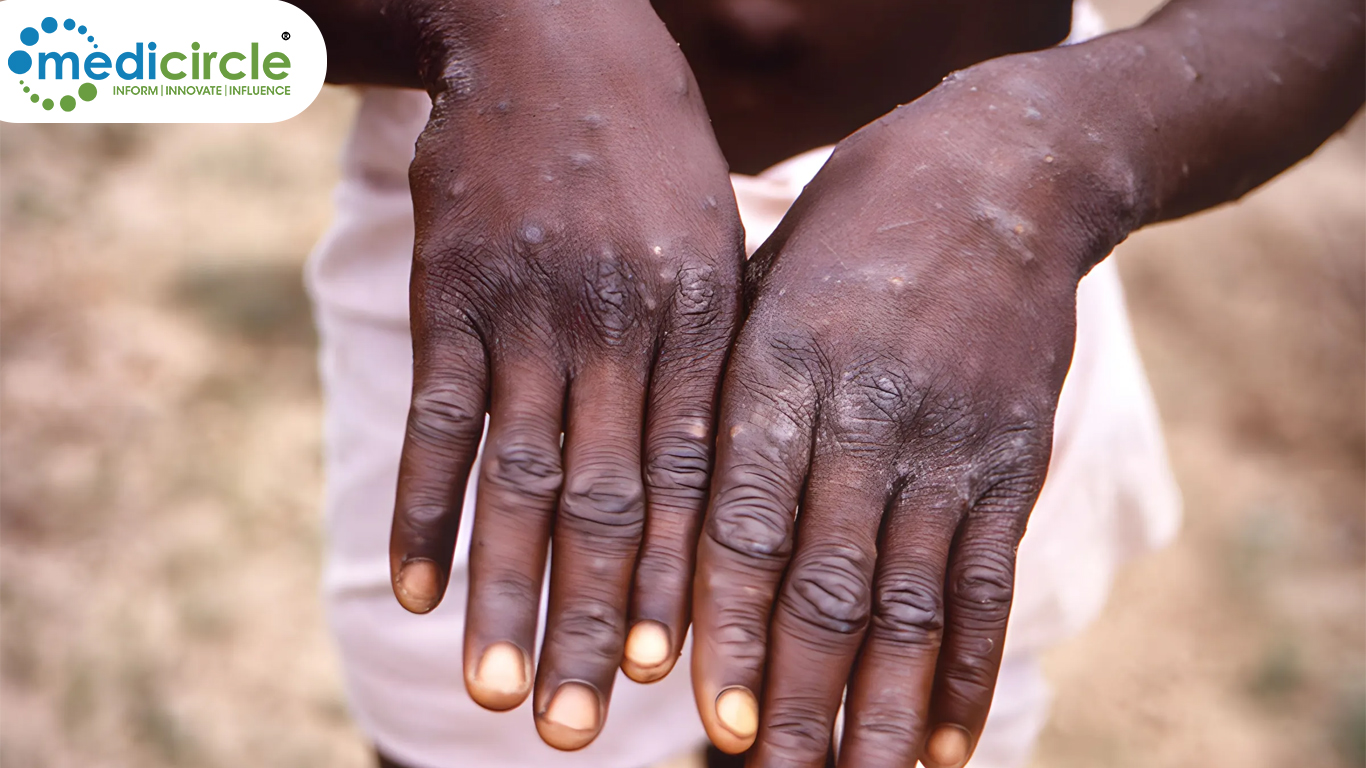In a land where dairy delicacies like butter chicken and creamy chai reign supreme, it might seem surprising to discuss lactose intolerance. Yet, hidden beneath our deep-rooted dairy culture, a significant portion of the population suffers with digestive distress after consuming milk and milk products. This condition is known as lactose intolerance, and revealing its mysteries can mean the difference between savouring a delicious lassi or enduring a troublesome stomachache.
Unveiling Lactose Intolerance: Picture milk as a treasure chest secured with a special key. That key is lactase, an enzyme naturally produced in our small intestine. Lactase unlocks lactose, the sugar present in milk, allowing our bodies to digest it. However, for individuals with lactose intolerance, the production of lactase is insufficient. As a result, lactose remains locked up, leading to unpleasant digestive symptoms such as bloating, gas, cramps, and diarrhea.
The Genetic Connection: Lactose intolerance often has a genetic basis. Over time, certain populations have evolved to produce less lactase after infancy. In India, studies suggest a regional disparity in lactose intolerance prevalence. According to the research Lactose intolerance in North and South Indians, up to 66% of South Indians may experience lactose intolerance, the figure is notably lower at 27% in the North. This divergence could be a result of historical dietary practices or genetic variations among populations.
Recognizing the Symptoms: Symptoms of lactose intolerance typically manifest within 30 minutes to 2 hours after consuming dairy products. Common indicators include bloating, gas, abdominal cramps, diarrhea, nausea, and vomiting.
Prevention and Management Strategies: While lactose intolerance has no cure, effective management strategies can significantly alleviate symptoms.
- Limit Dairy Intake: Gradually reduce consumption of milk, cheese, yogurt, and dairy-based desserts.
- Opt for Alternatives: Explore lactose-free options available in supermarkets, including milk, yogurt, and cheese.
- Embrace Fermented Products: Incorporate fermented dairy products like curd and buttermilk, where lactose is partially broken down by beneficial bacteria.
- Read Labels: Look for “lactose-free” or “low-lactose” labels on packaged foods to make informed choices.
Embracing Traditional Wisdom: Fortunately, Indian culinary traditions offer invaluable solutions. Time-honoured techniques such as fermenting milk into curd or buttermilk naturally reduce lactose content. Additionally, many regional delicacies like dosa and idli utilize fermented flours, enhancing digestibility.
Living Well with Lactose Intolerance: Lactose intolerance need not hinder your culinary enjoyment or nutritional intake. By understanding your body’s needs, making informed dietary choices, and embracing the rich diversity of Indian cuisine, you can navigate this condition with confidence. Remember, consulting a healthcare professional or registered dietitian can provide personalized guidance for managing lactose intolerance and maintaining optimal health.
As we strive to savour the flavours of our beloved dairy-rich dishes, let’s also embrace the wisdom of our ancestors and the science of modern nutrition to ensure a harmonious balance between milk magic and milk misery in our lives.

 In India, studies suggest a regional disparity in lactose intolerance prevalence, where up to 66% of South Indians may experience lactose intolerance, the figure is notably lower at 27% in the North.
In India, studies suggest a regional disparity in lactose intolerance prevalence, where up to 66% of South Indians may experience lactose intolerance, the figure is notably lower at 27% in the North.







.png)
.png)











.jpeg)

.jpeg)










.jpg)




.jpg)

